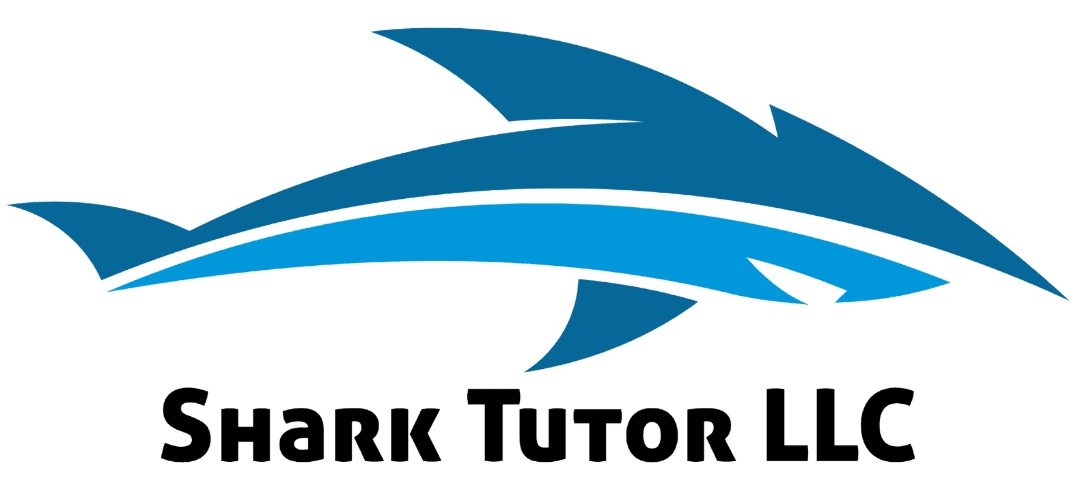What to Expect on the ACT? Your Test Guide for Junior Year Success

Posted on February 20th, 2024
Preparing for the ACT can be a crucial milestone for high school juniors, setting the stage for college admissions and scholarship opportunities.
With the ACT covering a range of subjects and requiring specific strategies, knowing what lies ahead can alleviate anxiety and improve performance.
In this article, we'll delve into the format, content, and strategies needed to navigate the ACT successfully.
Whether you're beginning your ACT journey or seeking to improve your score, this guide will help you prepare with confidence.
What is the ACT?
The ACT, or American College Testing, is a standardized test widely used for college admissions in the United States. It assesses high school students' readiness for college-level coursework and measures their proficiency in various subjects, including English, math, reading, science, and optional writing. Unlike the SAT, the ACT includes a science section, making it a comprehensive assessment of students' academic abilities. Understanding the ACT's purpose and structure is essential for effective preparation and success on test day. Now, let's delve into the format of the ACT to gain a better understanding of what to expect on this critical exam.
Understanding the ACT Format
Understanding the ACT Format is essential for effective test preparation. The ACT consists of four main sections: English, Math, Reading, and Science, with an optional Writing section.
English Section
The English section evaluates your grammar, punctuation, usage, and sentence structure skills through multiple-choice questions and a short essay prompt.
Here's what you can expect to find:
- Multiple-choice questions on grammar and usage
- Questions testing punctuation rules
- Passages requiring sentence structure analysis
- A short essay prompt evaluating writing skills
Math Section
This section assesses your mathematical reasoning and problem-solving abilities. It covers algebra, geometry, trigonometry, and precalculus concepts.
You will be tests on:
- Algebraic expressions and equations
- Geometry, including shapes, angles, and measurements
- Trigonometric functions and identities
- Precalculus topics like logarithms and exponential functions
Reading Section
You'll answer questions based on passages from various subjects, evaluating your comprehension, interpretation, and analysis skills.
Expect to come across:
- Passages from prose fiction, humanities, social studies, and natural sciences
- Questions testing understanding of main ideas and details
- Inference and interpretation questions
- Questions assessing your ability to compare and contrast ideas
Science Section
Measures your ability to interpret and analyze scientific data, charts, and graphs, as well as your understanding of scientific concepts and processes.
You may be evaluated through:
- Passages related to biology, chemistry, physics, and earth/space sciences
- Data representation questions based on graphs, tables, and charts
- Research summary questions evaluating experimental design and interpretation
- Conflicting viewpoints questions assessing understanding of scientific arguments
Now, let's explore some effective strategies to tackle each section of the ACT and maximize your performance on test day.
Strategies for ACT Success
Preparing strategically for ACT can significantly impact your performance. Here are some proven strategies to help you excel on test day.
1. Test-Taking Strategies
Develop effective test-taking strategies to optimize your performance on the ACT. Learn time-management techniques, such as pacing yourself and skipping difficult questions to return to later. Practice eliminating answer choices and making educated guesses to improve your chances of success.
2. Content Overview
Review the content covered on the ACT, including grammar rules, mathematical concepts, reading comprehension strategies, and scientific reasoning skills. Understanding the types of questions and topics that may appear on the exam will better prepare you for what to expect.
3. Practice Exams
Take practice exams to assess your strengths and weaknesses and gauge your readiness for the ACT. Utilize official ACT practice tests and other reputable study resources to simulate test-day conditions and familiarize yourself with the exam's structure and timing.
4. April Test Date
Consider registering for the April ACT test date, which typically falls during junior year. Taking the ACT in April allows you to complete the exam early, leaving ample time for retakes if needed and focusing on other aspects of your college application process.
5. Seeking Support
Seek support from experienced tutors or test prep programs to guide you through your ACT preparation journey. Professional ACT tutors can provide personalized instruction, targeted practice materials, and valuable insights to help you achieve your target score.
Related: Mastering the Test: ACT Tutoring for Success
Conclusion
Preparing for the ACT requires dedication, strategy, and support. By understanding the exam format, employing effective test-taking strategies, reviewing content, taking practice exams, considering the April test date, and seeking support from experienced tutors, you can navigate the ACT with confidence and achieve success on test day.
At Shark Tutor LLC, we provide comprehensive ACT tutoring services to students in Fairfield, Connecticut, Westchester County, New York, and nationwide. Our experienced tutors offer personalized instruction tailored to each student's individual learning style and goals. Whether you need help with test-taking strategies, content review, or practice exams, we are dedicated to helping you achieve your highest score on the ACT. With our proven methods and supportive guidance, you can confidently tackle the exam and reach your academic objectives.
For personalized ACT tutoring and support, contact us at (203) 249-9460 or [email protected]. Let us help you reach your full potential and ace the ACT exam.
Get In Touch
Contact Form
Send me a message with all your inquiries.

